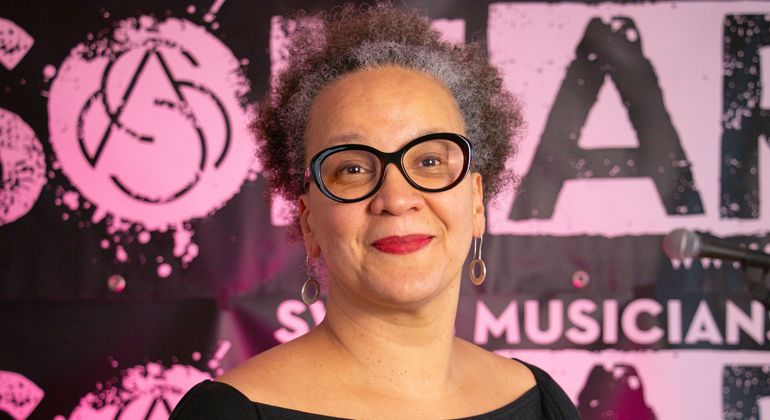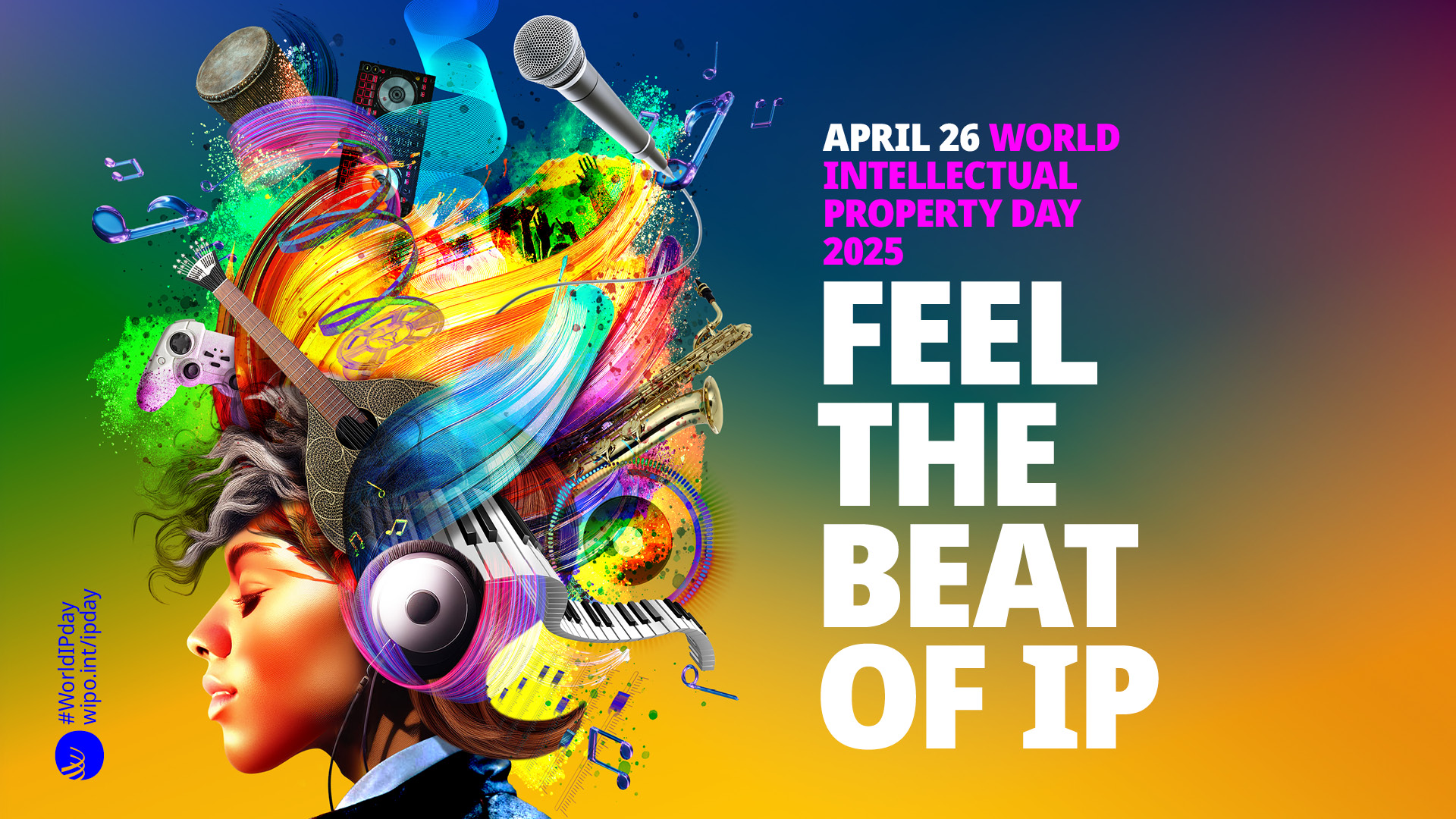The aim of the World IP Day, which was launched in 2000 by the member states of the World Intellectual Property Organization (WIPO), is to create a better understanding of intellectual property (IP) in general. The focus is on creators, entrepreneurs and inventors. The IPI is taking this year’s edition as an opportunity to ask musicians in Switzerland about IP in their creative work and how they ‘feel the beat’ of intellectual property.
We interviewed Jocelyne Rudasigwa, who is responsible for contemporary music and politics in French-speaking Switzerland at the SONART association, which promotes the interests of the industry.
IPI: What are musicians in Switzerland particularly concerned about at the moment? What topics or questions is your association encountering more frequently?
Jocelyne Rudasigwa: The fact that you can’t really make a living from music is a major concern for Swiss musicians. Since the advent of streaming platforms, artists have lost a large part of their income and the rise of AI is exacerbating the situation.
What do you currently see as the biggest challenges with regard to your association’s role?
Our biggest challenge is to publish our fee recommendations and to ensure that the scene sup-ports and understands us. At a political level, we’re involved in several working groups on streaming platforms and AI, and respect for the intellectual property of our members is our main concern.
How do modern technologies, such as music streaming platforms, social media and AI, influence how people perceive and approach IP?
Platforms have ruined the income of musicians by leading people to believe that music is a free commodity. Without strong legislation, AI will do the same because it’s not only free to listen to music – you can use AI to make it for free too. It’s vital to protect the intellectual property of all artists immediately.
How do you see the future of IP in the music industry, particularly with regard to changes brought about by new technologies, such as generative AI?
The government must fulfil its responsibility in regard to legislation and, as Christian Ritter (Lucerne University of Applied Sciences and Arts) says, “It’s up to us to promote a culture of digital knowledge”. As an umbrella organisation for independent musicians, we have to inform and train our members.
What advice would you give to musicians when it comes to understanding and protecting their rights?
1. Understand copyright.
2. Understand and choose the streaming platforms you want to work with wisely.
3. Register your works with the collective rights management organisations as soon as possible.
4. Deny or restrict the use of your own music by AI.
5. Follow legislative developments.
All of these points are covered in the training courses we offer our members. We’re also discussing them at the political level.


